
This is a funny business.
On any given Saturday night you may find yourself in an industrial park in a suburban nook, standing outside a photo studio-by-day. One which you have actually stood outside of before, waiting for the precise moment that someone emerges and calls your name, beckoning you inside.
All this has happened before, all this will happen again.
This time out it is for Touch: Incarnation, a sensorial prologue to a narrative-based show — Touch — which posits a near-future world where the Powers That Be have outlawed unauthorized human touch. A young woman calls my name and I step inside a fairly standard seeming office. She makes a reference to how crazy it is out there in the world. She’s not wrong, but I’m not sure if she’s talking the fictional world that is being built for their show or the actual sci-fi dystopia we live in. I suppress engaging with her about the madness of Jair Bolsonaro, even though that is what is on my mind at the moment. (Even before he demanded an apology before he would accept disaster relief funds.)
That’s the problem with trying to tell stories about social upheavals in a time of political unrest: reality can outpace your fiction. Nothing is as absurd as the truth when the truth doesn’t have to obey Aristotelian unities.
She sits me down in a chair and has me watch a video on a laptop. Exposition for the world of the show. There’s a company that’s made a pill which will cause discoloration on the skin when two people touch. Both people remain marked until the touch has been investigated, and once that is complete they can be reset. I’m here because there is a resistance movement called The Body Electric, which aims to fight back against these draconian measures.
The group takes its name from the Walt Whitman poem, which is an ode to the splendor of the human form. A pean to the wonders of living in a body — a fleshy, flawed body that is nevertheless beautiful in all its aspects. At least, that’s one way of looking at it. Whitman was never my strong suit, but the topline themes are clear. (There’s also a abolitionist theme in the poem, which ties it to the political battles of its era.) The creators of Touch: Incarnation are clearly pulling from a specific vein of the culture, in a time when the multiplicity of viewpoints and voices can make it hard to pick out a line from the endless din of The Discourse.
Let’s hold on that for a moment, as the ways in which this piece’s narrative elements presents its politics is of note, but we need to get on with what the show is before getting into what it is about.
I’m directed to put on a blindfold. Why we do these things sometimes, I do not know. I’m certainly far less trusting about this stuff than I was when we started this venture. Yet the blindfold goes on. What unfolds is done gently, pleasantly, and with no small degree of skill. Trailblazer Productions, the producers of the show, labeled this as a sensorial experience, and they do not disappoint.
Get Noah J Nelson’s stories in your inbox
Join Medium for free to get updates from this writer.
SubscribeSubscribe
The whole of what occurs — from sequences of touch, to ones revolving around smell and taste — is anchored by an unfolding choral monologue. Three performers — at least one of whom I will never see — create a sound and sensation-scape that demonstrates that the designers are on the right track. There’s something here, even if it isn’t necessarily doing as much of the heavy lifting on world-building as they might hope.
As the short piece unfolds, it’s clear to me that a specific response is expected for a call-and-response sequence. Yet with the way that the script is framed, I don’t find myself reaching for the words I’ve been given. Is it fatigue or rebellion on my part… or perhaps I just haven’t been moved enough to give them what they want? If indoctrination is part of the toolkit, the script leaves some gentle shoulders to roll yourself off onto and stay at a distance.
Or perhaps my reluctance comes from not being able to pin down just what the piece is trying to say.
The conceit that unauthorized touch is a crime comes off a little muddled. Does this mean touch that hasn’t been sanctioned by the authorities, ala Orwell’s 1984, or any non-consensual touch? Is there an anxiety lurking underneath the narrative that the later will lead to the former? It feels like the two are being conflated, which kept me at an emotional remove. Reluctant to give the answer I knew they were seeking.
That’s in part because autonomy and self-determination are the dominant themes of the works like 1984 and THX-1138, as their protagonists struggle against mechanized systems of oppression where two people choosing to touch each other is an act of rebellion. The indivdual’s choice to express themselves in defiance of a political and economic system of oppression, against the wishes of those in control of the levers of power, is the point. Not going along with the program is the lesson of the story.
Yet the era we currently find ourselves in has a different anxiety around physical contact. One where a peer-to-peer ethos is struggling to emerge from long festering patterns of domination. In both cases, the path to freedom lies with the individual’s right to assert autonomy over their own body.
From the set-up of Touch: Incarnation, it’s unclear if that distinction is in play or noted at all. There’s certainly fertile ground for exploration in a piece that puts the power dynamics of physical contact under a microscope, but here the narrative elements are signaling a macro approach. Revolt through the ecstatic, affirmative embrace of the senses. And that is an intoxicating and attractive idea. Especially in a world where the dynamic possibilities of our largest organ — the skin — is ignored or oppressed in so many ways.
There very much is a vein of the counterculture missing from our current landscape. One wherein “the body electric” is given its proper due. Yet to have a renaissance of this current — to bring it back given all the backlashes and fallouts of the countercultural movements have engendered…well, it’s a big mountain. A truly worthy endeavor, but one that calls for a rigor that pushes past narrative binaries and into the kaleidoscope of perspectives our post-post-modern world has brought us.
So, you know, no pressure on that upcoming narrative show!
Touch: Incarnation runs again on September 13th & 14th. Tickets are $35 for the solo experience Touch, the full length show, begins on October 4th.
NoPro is a labor of love made possible by our generous Patreon backers. Join them today!
In addition to the No Proscenium web site, our podcast, and our newsletters, you can find NoPro on Twitter, Facebook, YouTube, Instagram, in the Facebook community Everything Immersive, and on our Slack forum.
Office facilities provided by Thymele Arts, in Los Angeles, CA.




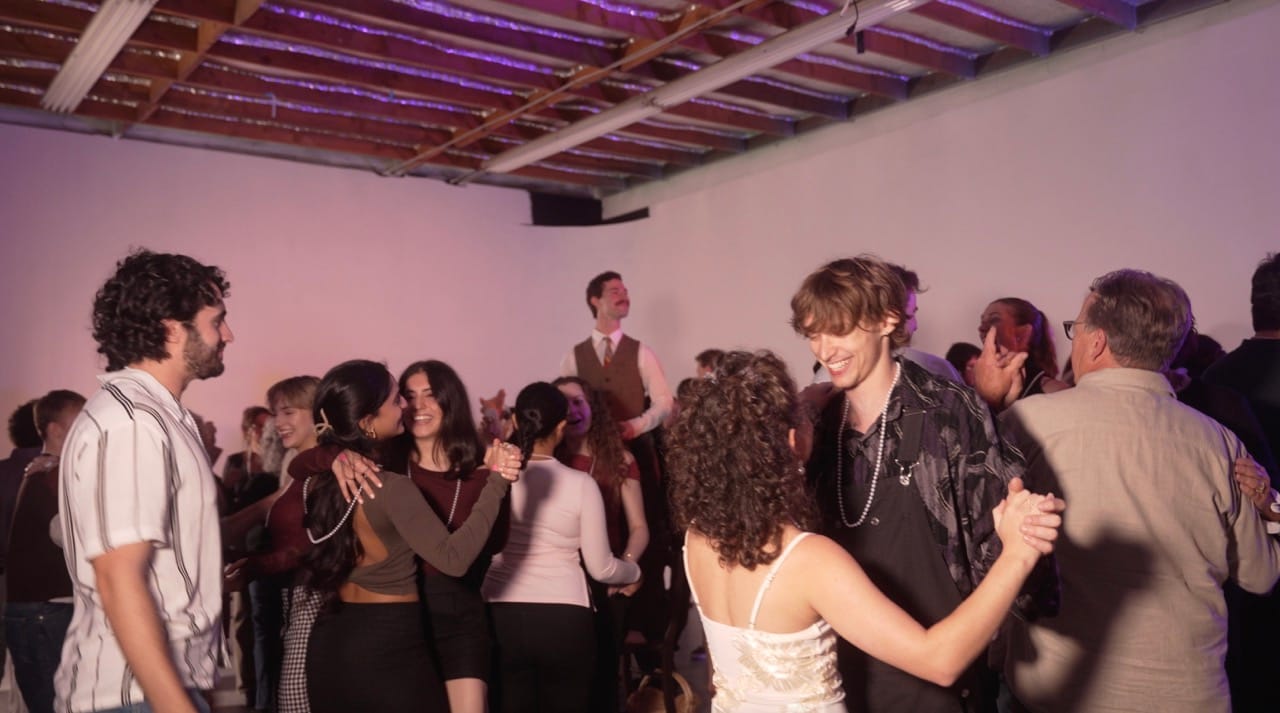
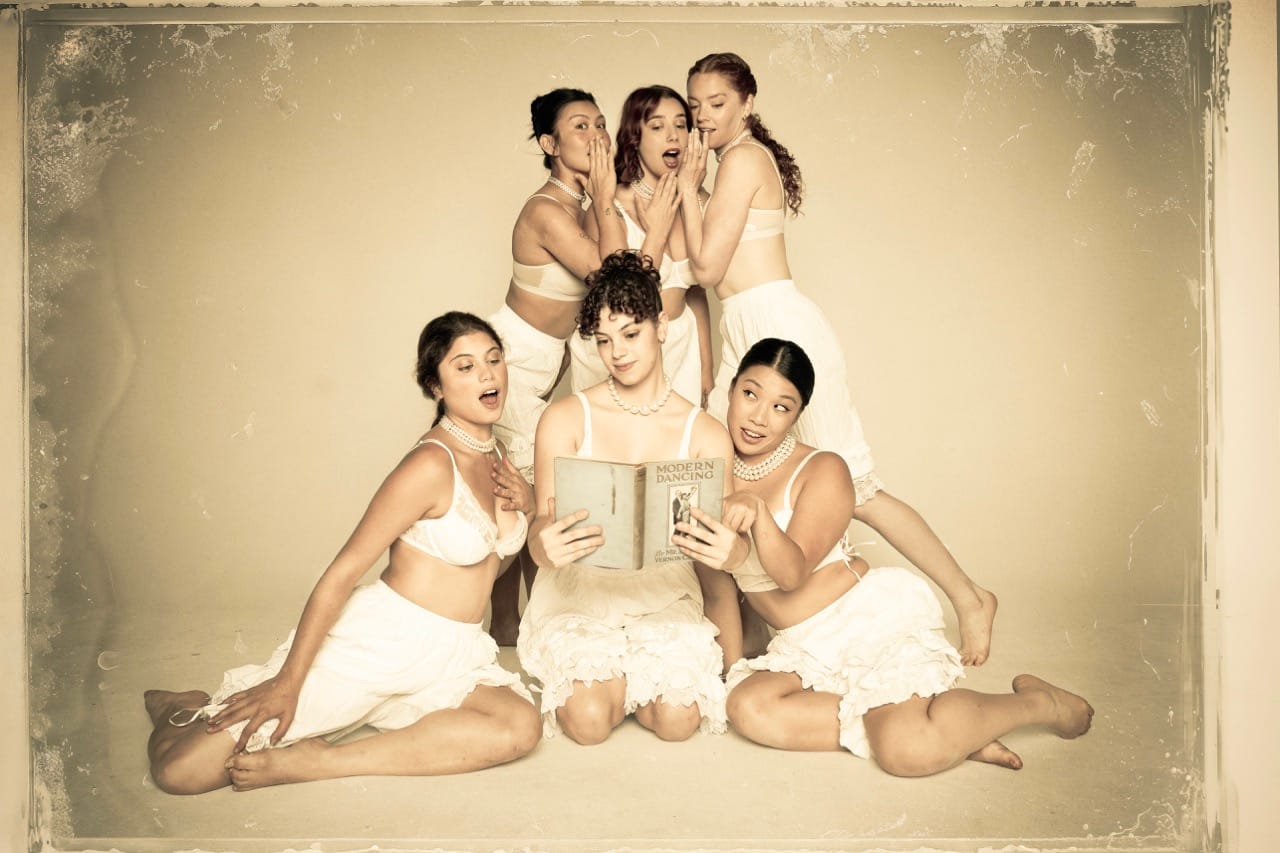


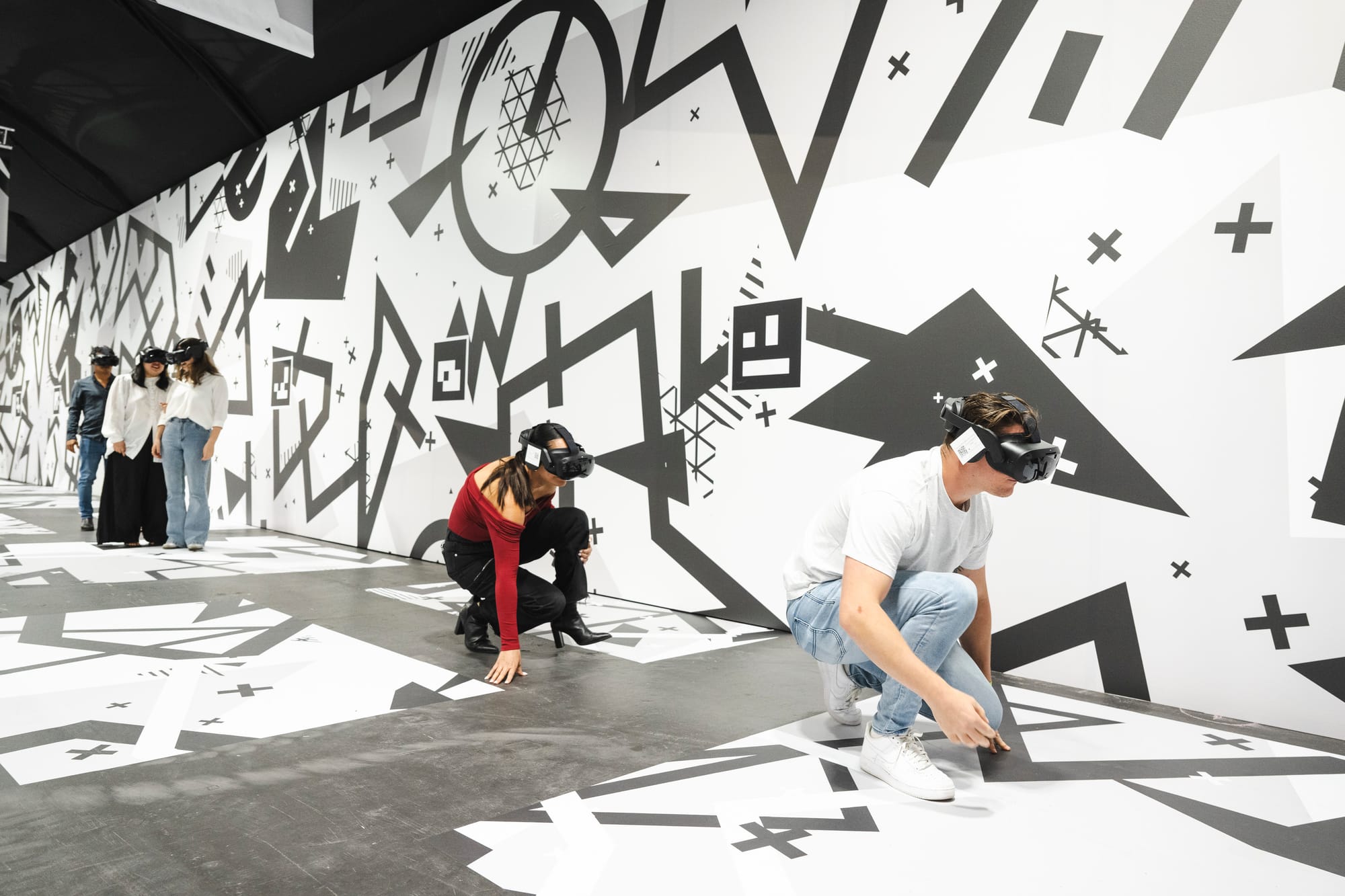







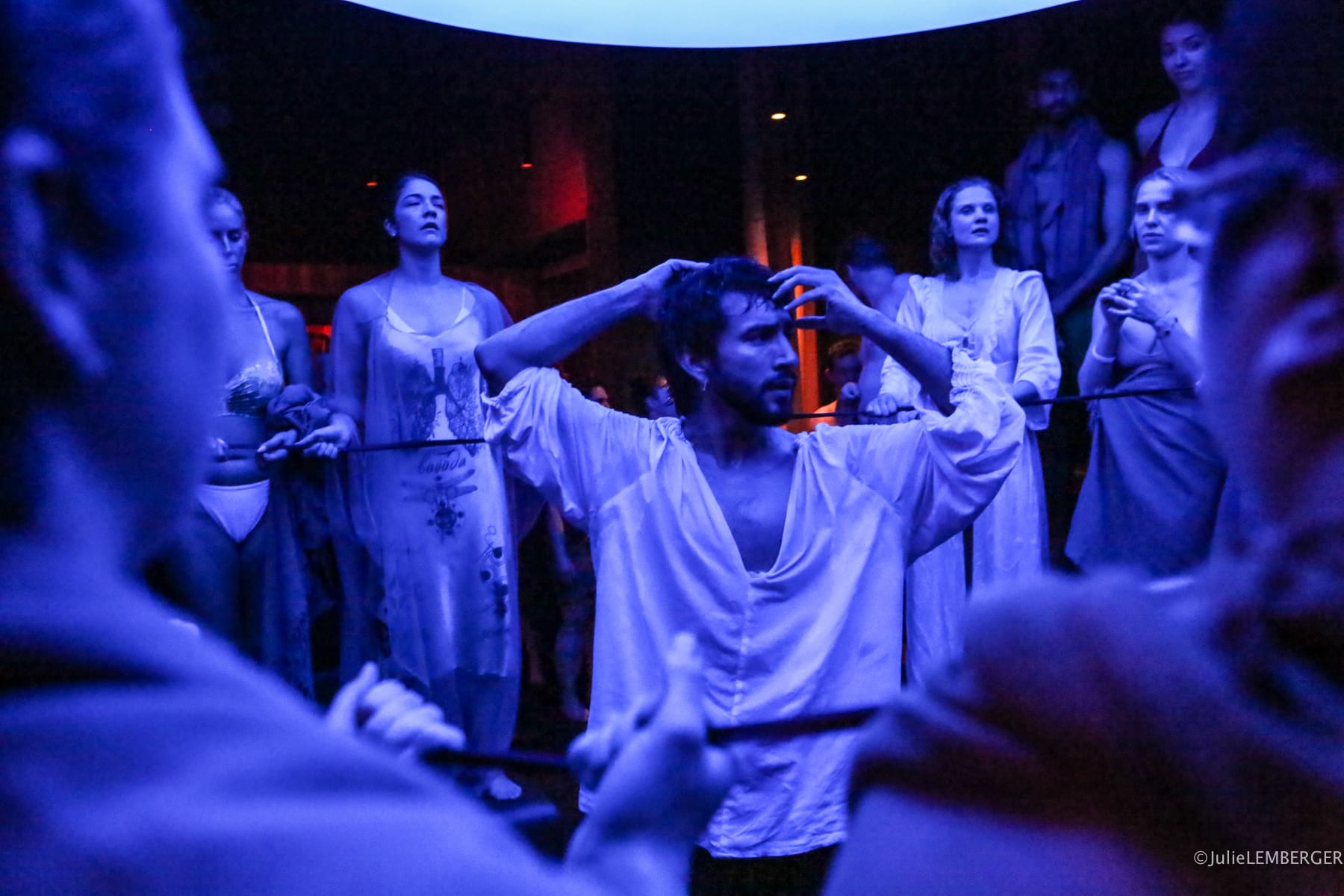
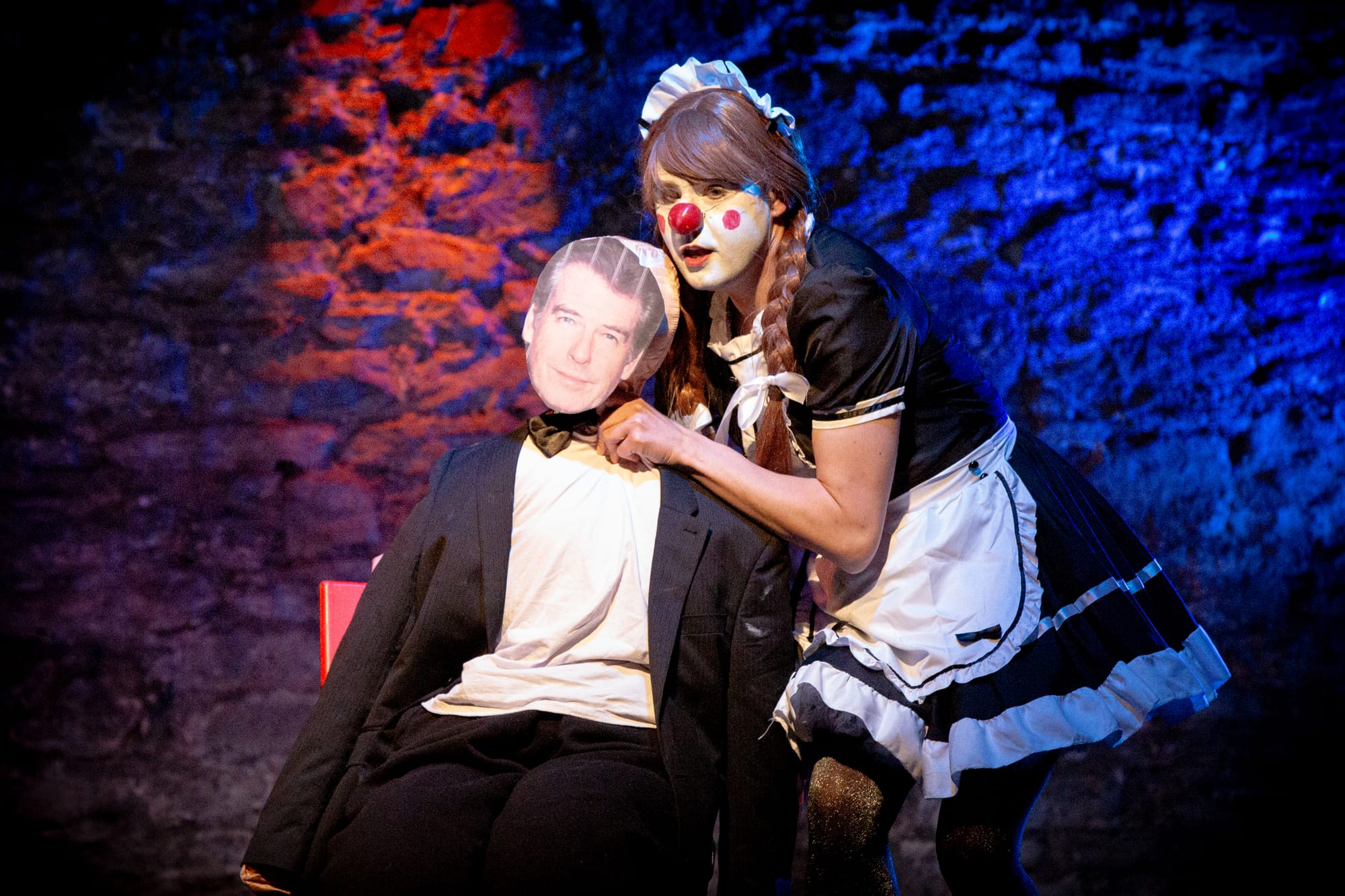
Discussion